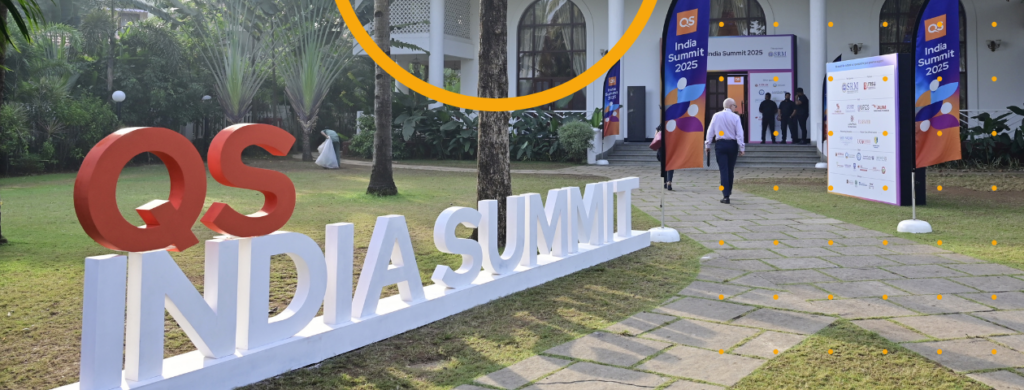
Collaboration and sustainable impact were the two key strands of the APAIE 2024 Conference.
Jeroen Prinsen, QS Executive Director for APAC, headed to Perth on 4-8 March to join higher education leaders from the APAC region and delegations from across the globe.
We spoke to him for his perspective on how innovative approaches to partnership development can help the region stand out on the global stage.
Innovative partnerships for sustainable impact
Students are looking at universities’ sustainability efforts more closely than ever before. According to the QS International Student Survey, 46% percent of students looking to study in the Asia Pacific region have actively researched their prospective institution’s environmental sustainability. That’s the highest of any region.
Students will be associated with your institution for life – being attractive to sustainability-conscious students is going to be key for your student recruitment strategy. We discussed many different ways universities can do that at APAIE, but partnerships are certainly one way.
Research partnerships
Research partnerships are essential for sustainable development. Universities can work with governments, other universities, NGOs and businesses to support a range of the UN’s Sustainable Development Goals. Governments frequently fund and use the research capabilities universities have to gather data on pressing issues.
Universities and businesses often share a common goal – wanting to make an impact. Businesses can utilise a university’s research expertise to understand target markets, gather new insights, or derive new technologies.
Inter-institutional partnerships can be used to springboard research and increase its impact, pool resources, and be a united voice for the sector. Disseminating important evidence-based information can be a real driver of change.
Universities would be wise to remember the diversity of the SDGs – improving health outcomes, reducing poverty and inequalities, and zero hunger are all part of sustainable development.
Employer-academic partnerships
Another partnership becoming increasingly common sees academics embed themselves within business to better understand employer demands. Universities, in their efforts to understand and close the skills gap, need to know what employers are really looking for in their graduates.
Managing partnerships
It can be really hard to keep track of the partnerships your institution has, with disparate datasets and manual processes draining resource. If partnership mismanagement does occur, relationships and trust can be damaged. You can centralise your internationalization activities and manage, monitor and evaluate your partnerships – ensuring they work for all of your key stakeholders.



